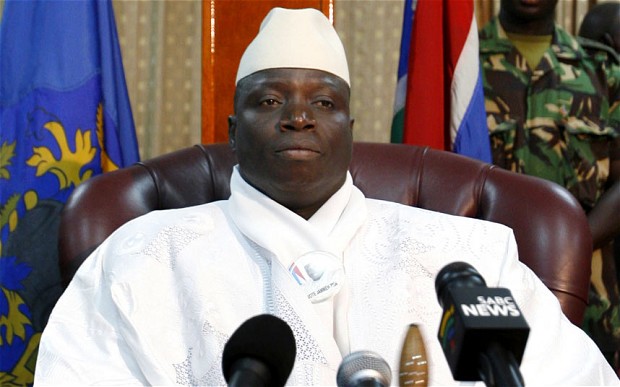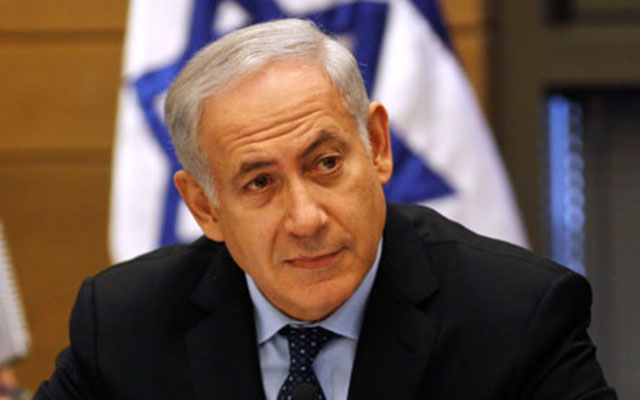Gambia withdraws from the Commonwealth

Gambia’s government announced on Wednesday it is withdrawing from the Commonwealth – a bloc of 54 nations made up largely of former British colonies – saying it “will never be a member of any neo-colonial institution”.
The West African nation of Gambia announced its withdrawal from the Commonwealth on Wednesday, branding the organisation a “neo-colonial institution”.
“The government has withdrawn its membership of the British Commonwealth and decided that the Gambia will never be a member of any neo-colonial institution and will never be a party to any institution that represents an extension of colonialism,” said the country’s government in a statement broadcast on state television.
The Commonwealth is a voluntary association of 54 countries that includes Great Britain and many of its former colonies.
Gambia, a tiny country surrounded by Senegal and with a population of around 1.8 million, joined the group in 1965, the same year it achieved full independence from Britain.
No further details on its reasons for leaving the bloc were given by the government. However, a foreign ministry official, speaking on condition of anonymity, told the AFP news agency that the decision came after the government rejected a proposal by the Commonwealth last year to create commissions in the capital Banjul to protect human rights, media rights and the fight against corruption.
The proposal followed an April 2012 visit to Gambia by Commonwealth Secretary General Kamalesh Sharma, during which he met with President Yahya Jammeh and other top government officials.
Human rights abuses
Jammeh, who seized power in a 1994 coup, has regularly been accused of human rights abuses and his government was singled out in Britain’s annual Human Rights and Democracy report earlier this year, which cited cases of unlawful detentions, illegal closures of newspapers and radio stations and discrimination against minority groups.
But despite international pressure, Jammeh, who once said he had found a cure to AIDS using a remedy of boiled herbs, has remained resolute in his resistance to human rights reforms.
Last year he warned foreign diplomats that his country would not be “bribed” by aid to accept homosexuality, illegal in Gambia.
“If you are to give us aid for men and men or for women and women to marry, leave it.We don’t need your aid because as far as I am the president of the Gambia, you will never see that happen in this country,” he said.
In January this year Jammeh accused the European Union of trying to destablise Gambia, after the EU set out a 17-point checklist of demands for reforms.
And in a speech before the United Nations General Assembly last week, Jammeh called homosexuality a threat to human existence and criticised other countries for regarding it as a human right.
Meanwhile, a spokesman at the British Foreign and Commonwealth Office said early on Thursday: “We would very much regret Gambia, or any other country, deciding to leave the Commonwealth.”
He noted however that “decisions on Commonwealth membership are a matter for each member government”.
Source: France 24









Comments